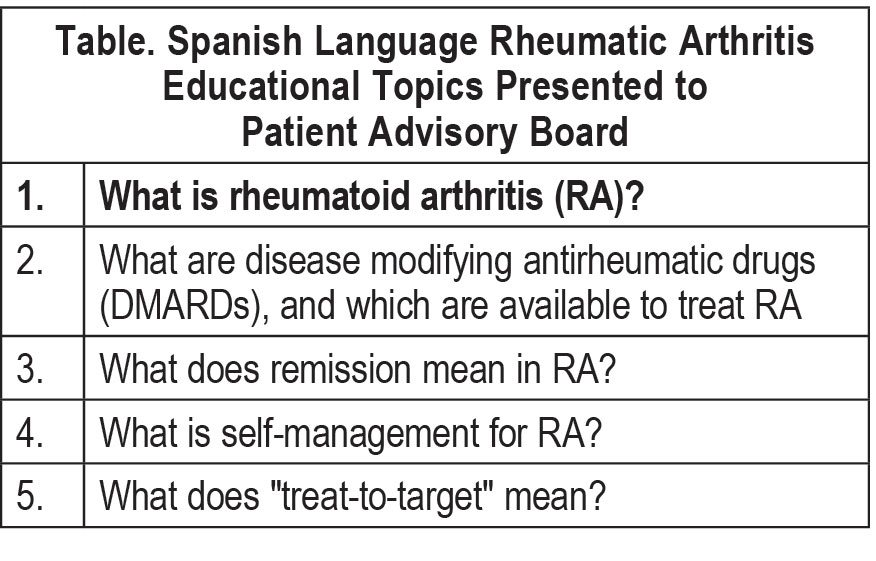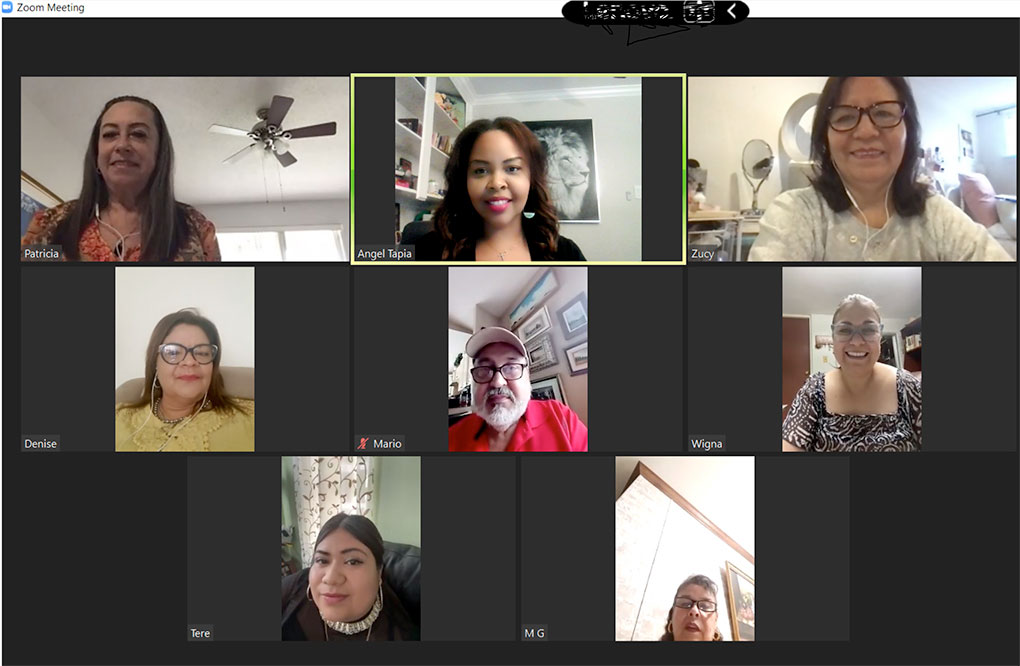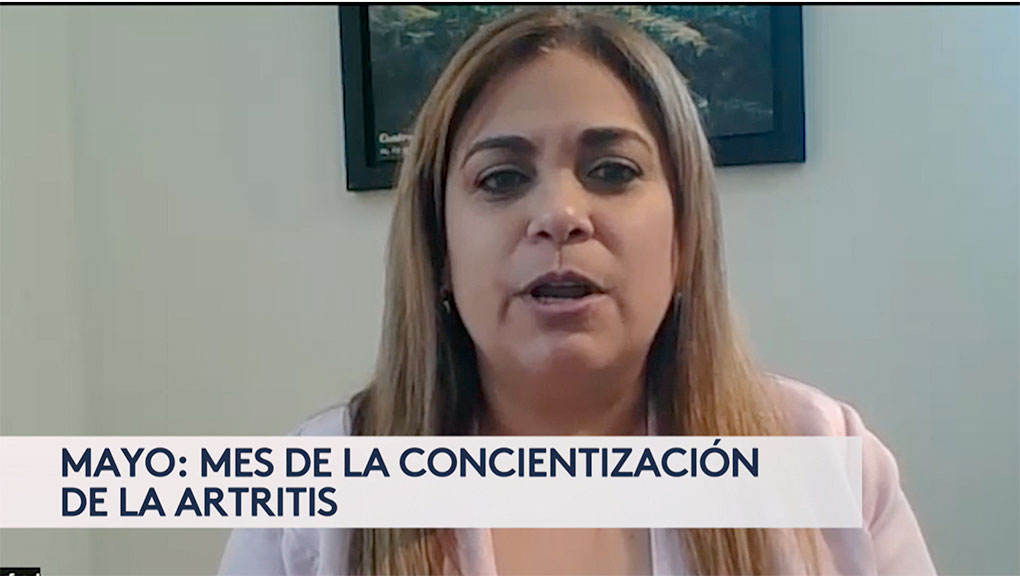Session Information
Date: Saturday, November 12, 2022
Title: Patient Perspectives Poster
Session Type: Poster Session A
Session Time: 1:00PM-3:00PM
Background/Purpose: Each of us has been diagnosed with rheumatoid arthritis (RA), from as recently as one year ago to as long as 20 years ago. All of us receive RA treatment from a rheumatologist in the US or Puerto Rico. We were each invited to participate on a patient advisory board convened by The Global Healthy Living Foundation (GHLF). Invitations were made by our rheumatologists, who are participating in research in collaboration with GHLF, or via GHLF’s Spanish-language website, CreakyJointsEspañol on the website landing page or with an associated WhatsApp tool. We all completed an informed consent (Pro00050365) process before participating.
Intervention: The objective of the advisory board was to provide guidance and support for research among Spanish-speaking RA patients in the US and Puerto Rico. Weekly advisory board meetings were facilitated by a Spanish-speaking staff member of GHLF. Initially, we met using the What’s App chat feature. As our relationships grew and trust was built, we transitioned to using Zoom online audiovisual conferencing for our meetings. We were presented with Spanish-language educational information on five topics related to RA (Table 1) and asked to share our experiences related to these educational topics. We discussed how the materials could be made more accessible or “patient-friendly” to Spanish-speaking RA patients.
We provided feedback on Spanish-language pre- and post-tests that were being developed as part of an online educational guide to RA for patients, which is hosted on CreakyJointsEspañol (www.cjes.org). This educational material is also being used in GHLF’s research on the impacts of Spanish language-first patient education for Hispanic/Latino patients with RA. We also reviewed and gave feedback on an in-office assessment tool for this research: the patient-provider questionnaire (PPQ)
Throughout the intervention, we were asked to think about our own experiences with RA and what would have made us feel more equipped to manage our RA.
Maintenance: We have learned about our RA through this intervention and continue meeting as a group with GHLF. Together we are researching “the Spanish-speaking RA patient journey,” and creating educational videos to be shared on the CreakyJointsEspañol website. We have developed innovative ways and new skills to reach our community, such as a musical RA awareness campaign and participating in local news interviews. We are in frequent contact with one another through a WhatsApp chat group.
Quality of Life: We have formed a strong bond and consider each other friends who make up a strong support system. Some of us have experienced flares, COVID-19, and other challenges during our participation, and we have felt supported and heard by this community. We also believe that being a part of this advisory board has given us the confidence and tools to improve our communication about RA with our healthcare teams and our communities.
To cite this abstract in AMA style:
Almonacid Z, Cruz W, Garcia F, Hernandez T, Martinez V, Mattos P, Mutis M, Serrano D. We Became Advocates, Educators, and a Support System for Hispanic/Latino Patients with Rheumatoid Arthritis and Their Caregivers Through Involvement in a Virtual Patient Advisory Board [abstract]. Arthritis Rheumatol. 2022; 74 (suppl 9). https://acrabstracts.org/abstract/we-became-advocates-educators-and-a-support-system-for-hispanic-latino-patients-with-rheumatoid-arthritis-and-their-caregivers-through-involvement-in-a-virtual-patient-advisory-board/. Accessed .« Back to ACR Convergence 2022
ACR Meeting Abstracts - https://acrabstracts.org/abstract/we-became-advocates-educators-and-a-support-system-for-hispanic-latino-patients-with-rheumatoid-arthritis-and-their-caregivers-through-involvement-in-a-virtual-patient-advisory-board/



